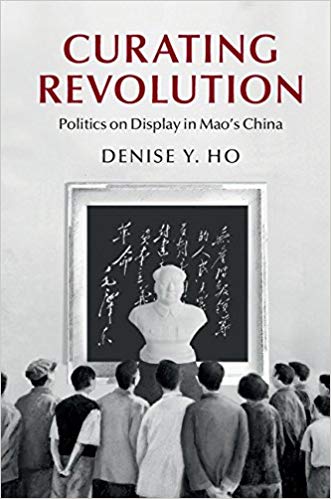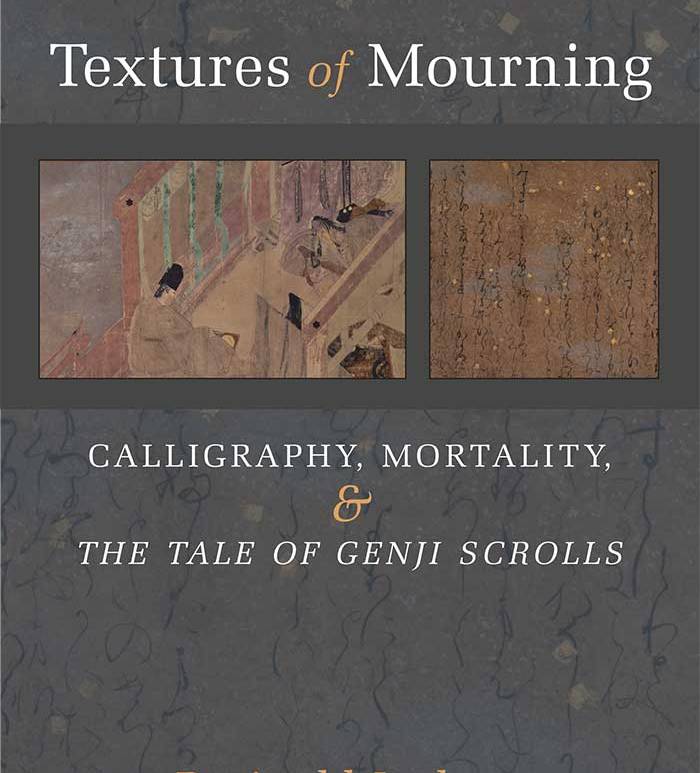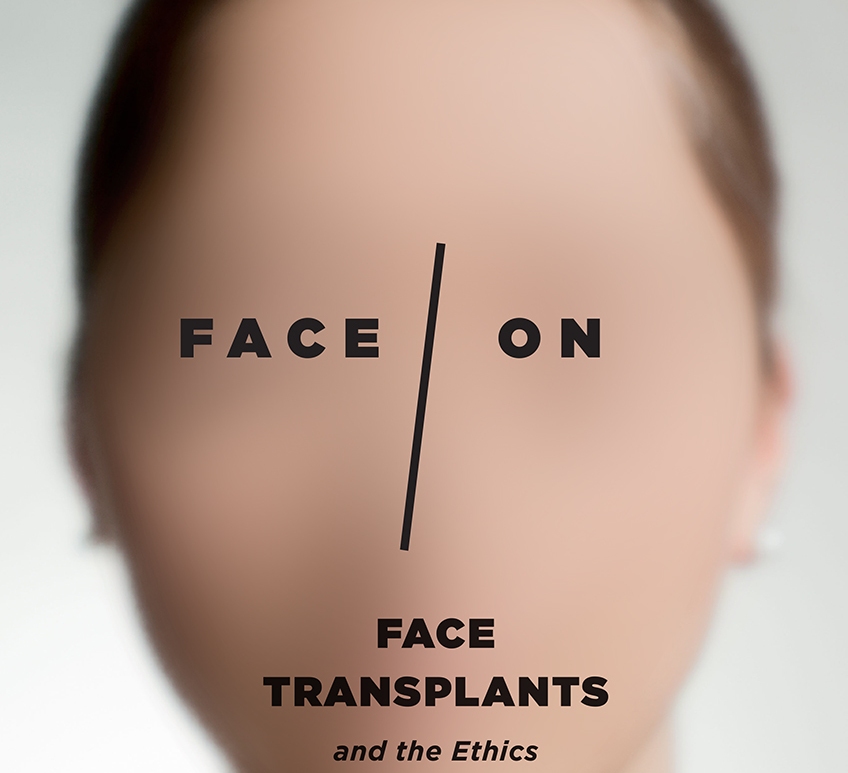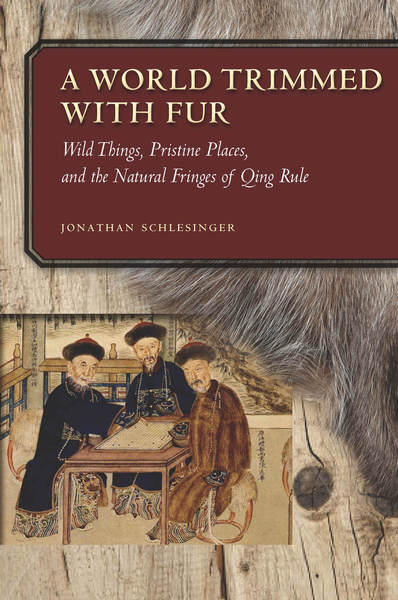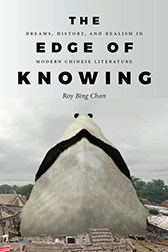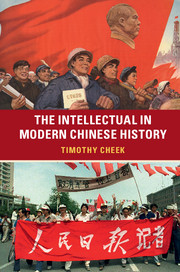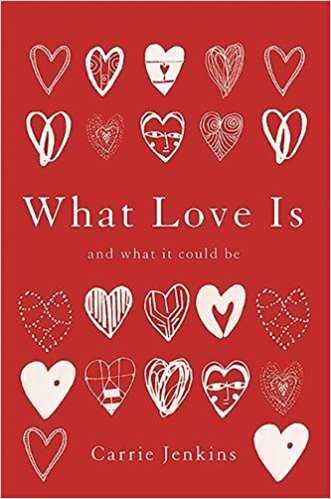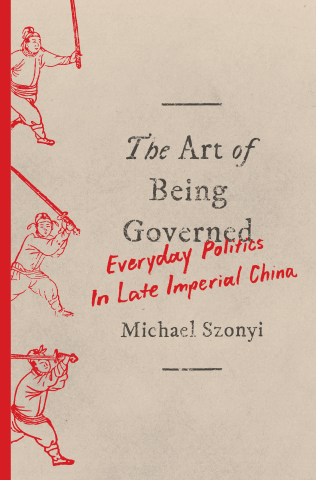
The Art of Being Governed: An Interview
At the heart of Michael Szonyi’s new book are two questions: 1) How did ordinary people in the Ming deal with their obligations to provide manpower to the army?, and 2) What were the broader consequences of their behavior?” The Art of Being Governed: Everyday Politics in Late Imperial China (Princeton University Press, 2017) considers how military institutions shaped the lives of ordinary people on China’s southeast coast … Continue reading The Art of Being Governed: An Interview
